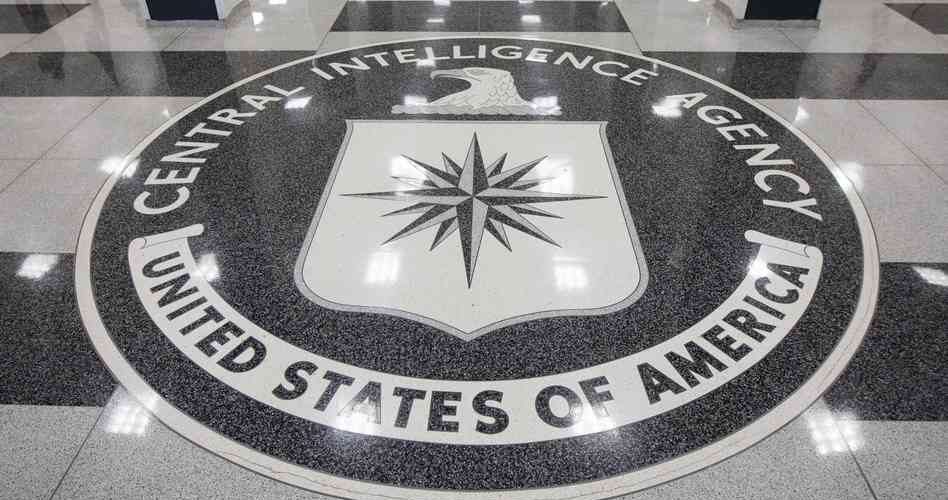While the outcome of the compromise in China is significant, what led to it could be more damning as we trek into the future.
Recent reporting by the New York Times highlighted a 2010-2012 compromise of US intelligence sources inside China. According to the Times, as many as 20 sources were compromised, leading to their incarceration or execution. A lengthy counterintelligence (CI) investigation named Honey Badger could not clearly identify a cause for the compromise. The speculation centered on the compromise of communications systems (covert communications, or COVCOM), poor tradecraft on the part of operations officers in Beijing, or an inside traitor.
This is truly devastating news. It takes a lot of time to build up sufficient sources inside a denied area, like China, to provide the US government with adequate intelligence information. It is unlikely that we have recovered that coverage in the intervening time since the compromise. At a time when China has become more aggressive, more of a national security threat, we have gone blind on intelligence coverage of China.
Intelligence operations are an inherently risky proposition in general, and denied areas like Beijing, Moscow, or Havana are even more so. It is not uncommon, when faced with a pervasive CI service such as the Chinese have, to experience an operational compromise every now and then for a variety of reasons, but the compromise of what appears to be the entire network is a major tragedy, both in terms of intelligence coverage and human life.
The possible compromise of COVCOM is a tradecraft issue. The Chinese should not have been able to compromise everyone via penetrating their COVCOM, since the sources should have been on multiple COVCOM systems in order to prevent just such a compromise. If the Chinese were able to compromise all these sources through their COVCOM, then the CIA was practicing very poor tradecraft indeed. It means all these sources were on the same or very similar COVCOM to the point of allowing the Chinese to wrap everyone up. This is just lazy and sloppy.
The Times noted that one possibility was poor tradecraft inside Beijing by CIA officers, such using a restaurant for meetings over and over again, allowing the Chinese to monitor the meetings via audio devices, and Chinese security officers posing as waiters. If this was the case, then shame on the CIA for allowing such poor tradecraft inside a very threatening CI environment. Individuals should be held accountable for such sloppy tradecraft.
Regarding the insider threat situation, we face a totally different animal. This is a threat that is extremely difficult to counter, and we seldom find out about it until we start losing intelligence collection capabilities—in this case, we start to lose people. We should not be surprised if there was a mole inside the CIA, given Russia’s success at recruiting sources inside the US intelligence community (IC) over the years. China should not be far behind the Russians on successfully penetrating the CIA, FBI, and other IC organizations.
The Times mentioned an officer involved in Chinese operations as a suspect in the compromise. I hesitate to point out anyone as a possible traitor given the careers that have been ruined over false allegations of working for the Soviets over the years. However, there should be a system in place whereby officers involved in sensitive, denied area operations are given greater scrutiny. They should undergo more frequent polygraphs and more frequent investigations into their finances and travel as a means of identifying potential CI threats.
Let no one doubt this—the compromise of China sources is a major blow to our intelligence abilities and our ability to answer questions the administration needs to know when making Chinese policy.

















